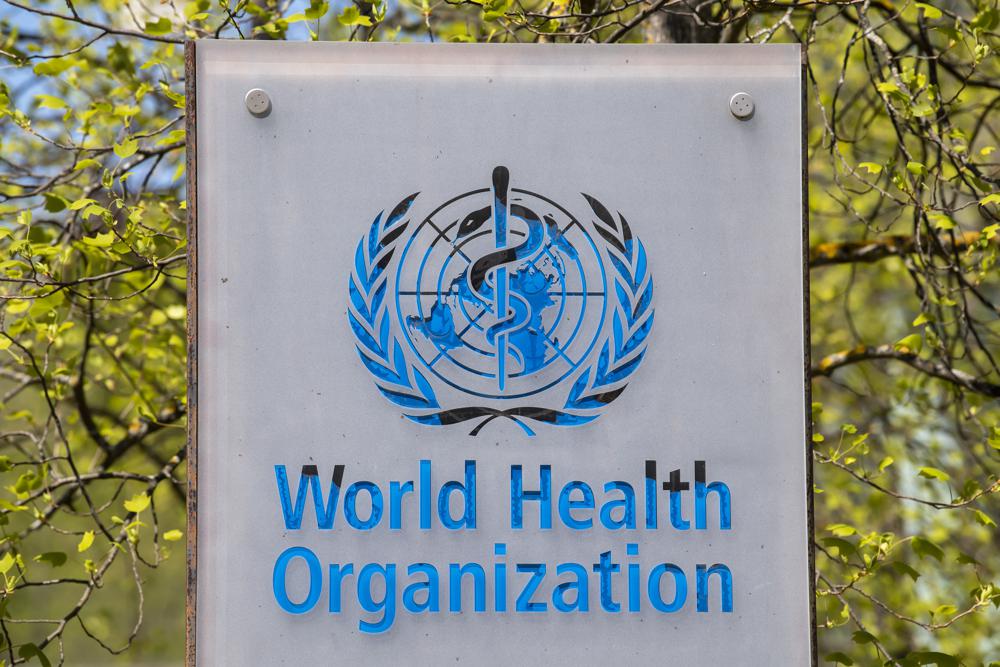Kathmandu: World Health Organization (WHO) unveiled on Wednesday a pioneering initiative dubbed CoViNet. This network aims to revolutionize the early detection, monitoring, and assessment of coronaviruses, including SARS-CoV-2, MERS-CoV, and potential novel strains of public health significance.
CoViNet represents an expansion of the COVID-19 reference laboratory network established by WHO during the nascent stages of the pandemic. While initially concentrating on SARS-CoV-2, the primary culprit behind the ongoing COVID-19 crisis, the network will now encompass a broader spectrum of coronaviruses.
The network comprises 36 leading laboratories from 21 countries across all six WHO regions, encompassing expertise in human, animal, and environmental coronavirus surveillance. In a statement, the agency emphasized the significance of CoViNet in facilitating early detection and response to emerging coronavirus threats.
During a gathering in Geneva held on Tuesday and Wednesday, representatives from these laboratories convened to finalize a comprehensive action plan for the years 2024-2025. The agenda aims to fortify the preparedness of WHO member states in swiftly identifying, evaluating risks associated with, and responding to health challenges posed by coronaviruses.
Maria Van Kerkhove, the acting director of WHO’s Department of Epidemic and Pandemic Preparedness and Prevention, underscored the importance of this new initiative, stating, “This new global network for coronaviruses will ensure timely detection, monitoring, and assessment of coronaviruses of public health importance.”
With the launch of CoViNet, WHO endeavors to heighten global resilience against the evolving threat landscape of coronaviruses, safeguarding public health on an international scale.
